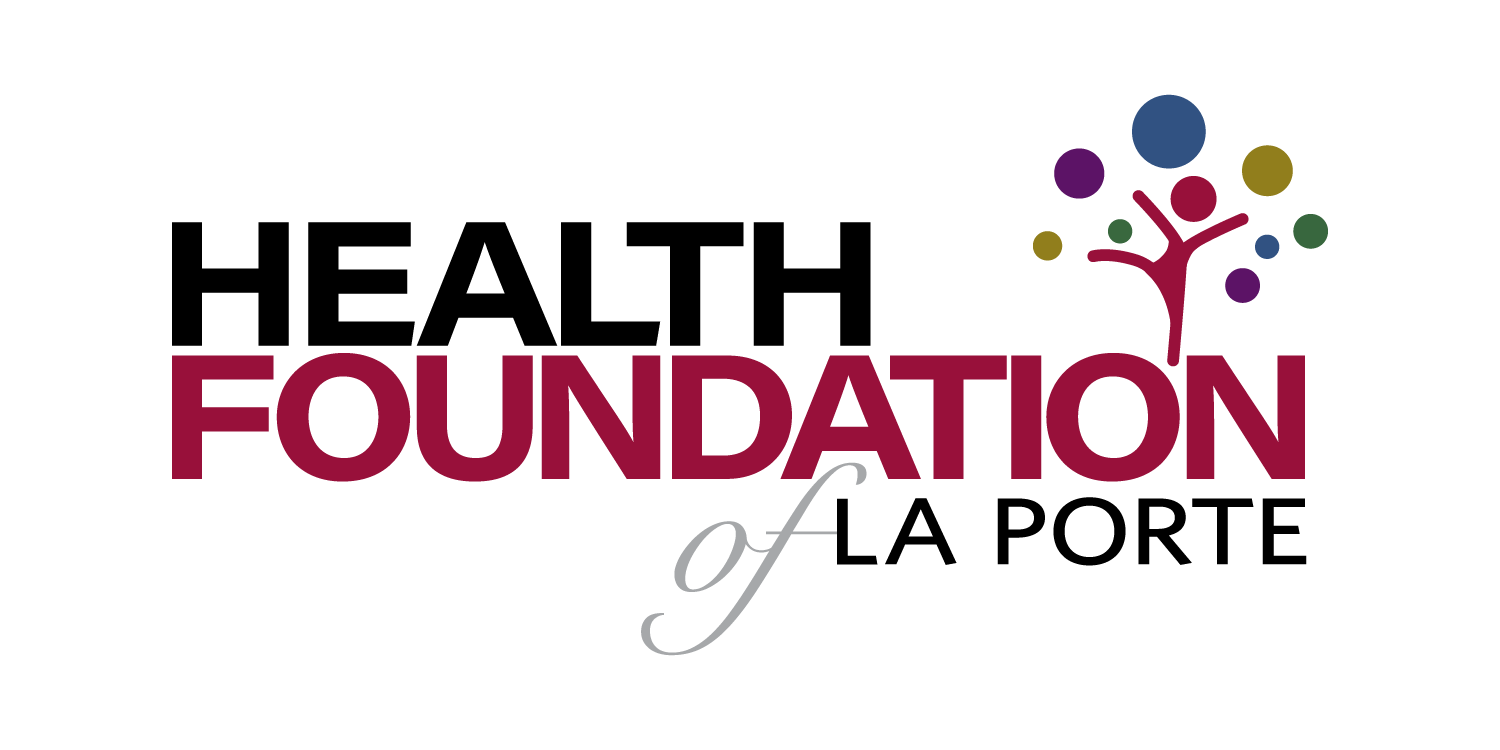Promising Practices
The Promising Practices database informs professionals and community members about documented approaches to improving community health and quality of life.
The ultimate goal is to support the systematic adoption, implementation, and evaluation of successful programs, practices, and policy changes. The database provides carefully reviewed, documented, and ranked practices that range from good ideas to evidence-based practices.
Learn more about the ranking methodology.
Filed under Evidence-Based Practice, Health / Children's Health, Children, Families, Urban
Goal: Improve early identification of concerns and initiate interventions to improve the health, development and emotional wellness of children, newborn to age three.
Impact: HSFYC parents were less likely to use severe discipline (OR: 0.68) and more likely to negotiate with their child (OR: 1.20). HSFYC parents had greater odds of reporting a clinical or borderline concern regarding their child's behavior (OR: 1.35).
Filed under Evidence-Based Practice, Education / Literacy, Children
Goal: The goal of Itchy's Alphabet is to help children improve their literacy levels.
Filed under Good Idea, Community / Governance, Urban
Goal: The goal is to help prepare communities for earthquakes, fires, floods, terrorism, and other natural and man-made disasters.
Filed under Effective Practice, Environmental Health / Toxins & Contaminants
Goal: The "Lead Free Wheels" program has three goals:
- direct reduction of 6,000-7,500 kg of lead use on vehicles in Michigan and the Midwest;
- demonstrate the viability of lead-free wheel weight installation at Michigan tire retailers, state and municipal fleets and other points vehicle service and:
- encourage domestic production of lead-free wheel weights and a phase out of lead use in wheel weights.
Filed under Evidence-Based Practice, Community / Crime & Crime Prevention, Children, Urban
Goal: Linking the Interests of Families and Teachers (LIFT) is a research intervention program designed to prevent the development of aggressive and antisocial behavior.
Impact: Evidence suggests that LIFT can be a useful tool for promoting effective parenting in the home and decreasing aggressive behaviors with peers at school and on the playground. LIFT participants exhibited a decrease in child physical aggression toward classmates on the playground, an increase in teachers' positive impressions of child social skills with classmates, and a decrease in parents' aversive behavior during family problem-solving discussions.
Filed under Evidence-Based Practice, Health / Physical Activity, Children, Families
Goal: MYOC aims to improve clinical practice, care, and outcome regarding children's weight.
Filed under Evidence-Based Practice, Health / Physical Activity, Women, Racial/Ethnic Minorities, Urban
Goal: The goal of the program is to increase fruit and vegetable consumption behavior in participants of the Women, Infants, and Children program in Genessee County, Michigan.
Impact: Participants of the program increased their fruit and vegetable consumption and the program had a positive effect on participants attitudes toward consuming fruits and vegetables.
Filed under Good Idea, Environmental Health / Air
Goal: NCDC participants are committed to reducing diesel emissions and finding innovative ways to protect human health and the environment. To fully address the challenges of reducing diesel emissions the NCDC is using a multi-pronged approach:
- Commitment to the successful implementation of the 2007 Highway Engine Rule and the Clean Air Nonroad Diesel Rule.
- Developing new emissions standards for locomotive and marine diesel engines.
- Promoting the reduction of emissions for existing diesel engines through cost-effective and innovative strategies, including use of cleaner fuels, retrofitting and repairing existing fleets, idling reduction among others.
Filed under Good Idea, Health / Physical Activity, Children, Families
Goal: The Northern Michigan Diabetes Initiative is a regional collaboration dedicated to prevention, early detection, and management of diabetes. The Healthy Family Backpack Program connects with youth and their parents to educate participants on proper nutrition and promote healthy lifestyles to reduce childhood obesity.
Impact: The Northern Michigan Diabetes Initiative has distributed nutritional education materials to over 300 families. Of ninety-two families that set a healthy goal at the start of the program, forty-five continued to maintain that goal at the two-month mark.
Filed under Evidence-Based Practice, Health / Alcohol & Drug Use, Teens
Goal: The goal of this program is to help teens quit smoking.
Impact: One study showed that the percentage of students who reportedly quit smoking 15 months after the intervention was higher for participants. Another study showed that a greater percentage of participants reported smoking cessation 5 months after the intervention than non-participants.

